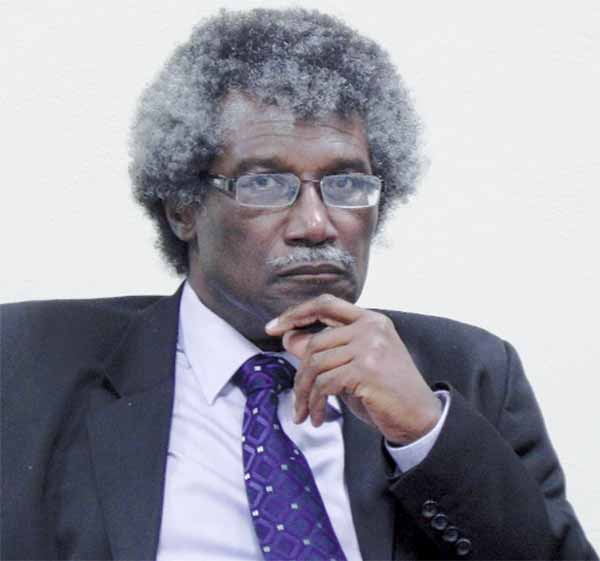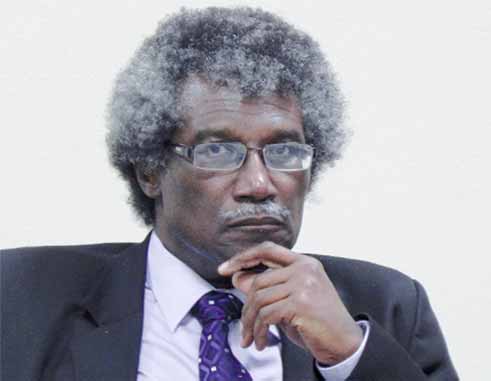SIR Dwight Venner was finally laid to rest this week, but still the tributes to this outstanding son of the sub-region continue to pour in and we are beginning to hear talk about ways in which he can be immortalized. One suggestion that is being advanced, which we heartily endorse, is having his image printed on our EC currency.

The accolades that have been heaped on Sir Dwight in death, have been numerous: longest serving governor of any central bank or monetary institution anywhere; a visionary; the person largely responsible for the EC dollar being as strong as it has been for so many years, and pegged to the US dollar at the same rate for now nearly 40 years; one who brought respect to the Eastern Caribbean in international financial circles; a counsellor to sub-regional governments, etc. etc.
Although he was at the service of the various governments, Sir Dwight was never heard criticizing or trying to influence their decision making. Rather, as governor of the Central Bank, he repeatedly gave them sound advice on how to proceed with their economic and developmental goals. Sad to say, and we have made this point before, there is no evidence that our governments, either individually or collectively, ever paid more than lip service to Venner’s counsel, with just a few exceptions, especially after the 2008 world financial crisis.
As recently as early 2013, Venner, in an address to the sub-region under the theme “Realism and Hope” made the point that our little islands were being left behind in a very competitive world in which countries, both advanced and developing, were having to make significant adjustments to remain competitive.
The way Venner told it, the Caribbean had lost its competitiveness in many areas, had had its trade preferences for major agricultural export commodities removed or substantially reduced, had seen its share of the global tourism market decline and had not undertaken the fundamental adjustments that other countries had made. He then went on to map out a strategy and way forward for the islands which he said needed to establish a clear vision in this regard.
Four years later, the Venner plan has not been pursued, far less discussed at the sub regional level, but the imperative remains because, as he put it “it would be fair to say that we have reached a turning point in the OECS and the currency union which requires a collective effort involving political and social consensus, technical expertise and managerial and administrative competence”. Instead these islands continue doing things the same way and expecting different results. Rather than mobilizing the intellectual capacity that they obviously possess to launch a bold assault on their sorry condition, many of them have taken what they perceive to be an easy path offering economic citizenship to rich foreigners—in competition with each other, mind you.
As we start a new year, the reality is, as it was in 2013 and in Venner’s own words,- “that we have reached a tipping point which will require our sustained and collective efforts to get our economies on the path to growth and development.” Each island government continues to fool itself and its people with the claim that it has the tools to deliver the goods for the masses even while admitting that it is a tough ask.
So what’s the point of hailing Venner as a visionary, favourite son and pride of our islands if, like Sir Arthur Lewis before him, he maps out a plan for our economic and social development and we flatly ignore it. If we are serious at paying homage to the legacy of Sir Dwight Venner perhaps we should be taking a serious look at his prescription for progress and change which may be the last blueprint we will be given, so that we are not completely left behind in this competitive world.













